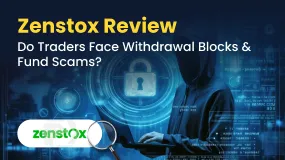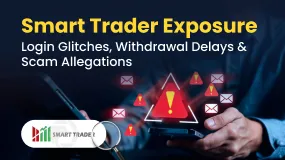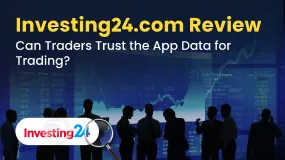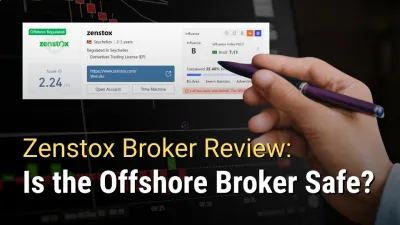Abstract:Crypto VCs have an upper hand when it comes to seed stage funding.

Venture Capital (VC) is one of the main ways that crypto projects have been raising funds within the last few years. According to a recent analysis by CB Insights, VCs invested $9.2 billion into early stage crypto startups during Q1 of 2022. While this capital injection has been fundamental to the growth of the ecosystem, these deep-pocketed investors have recently come under heavy criticism, with some stakeholders raising concerns about their controlling power.
Is it really a decentralized market if only a few players have the access to the most lucrative investment opportunities? As it stands, crypto VCs have an upper hand when it comes to seed stage funding. Whats even worse is that some of these VCs have resulted in pumping and dumping tokens to unsuspecting retail investors. This trend has now become a threat to the overall growth of the digital asset market.
“I wish they could rank VC firms by whether they engaged in quick flips — so founders are aware if they are really dealing with a VC or more of a hedge fund.” notes Mark Lurie, a former VC who is now a Web3 founder.
It is also noteworthy that VCs have partly contributed to the recent crypto bloodbath which was triggered by Lunas collapse. At its height, Luna had attracted funding from notable VCs, including Three Arrows Capital ($559 million) and Hashed (3.5 billion). The former has since filed for chapter 15 bankruptcy, with a total outstanding debt of 3.5 billion to 27 different creditors in the crypto industry.
Who should the buck stop with? While VCs may have taken a huge blow, retail investors are perhaps the biggest losers of this crash. Most people were left holding crypto tokens that will probably never recover enough to recoup their losses. Additionally, it is pretty obvious that a good number of the surviving VCs will likely continue with the ‘pump and dump’ model; after all, it is clearly working in their favour.
VCs in the Age of Web 3.0
Web 3.0 or otherwise known as the decentralized web is the latest iteration of the internet. Unlike its predecessor, Web 3.0 is designed to give users control instead of relying on central intermediaries. Currently, most of the innovations in this space fall within the Decentralized Finance (DeFi) and Non-fungible token (NFT) ecosystems. Though relatively young, Web 3.0 is gaining the attention of both crypto natives and traditional tech companies.
“The metaverse is still emerging, but many key components have started to take shape and are revolutionising everything from e-commerce to media and entertainment, even real estate,” highlighted Grayscales 2021 annual report.
So, what does this mean for the crypto VC ecosystem? Like DeFi and NFTs, it is possible to create decentralized funding channels where the community calls the shots. Imagine a decentralized protocol where prospective investors can directly participate in early stage funding rounds without being sidelined. Thats the true power of Web 3.0, an economy that is owned and governed by the users.
To this end, there are some emerging VC-oriented decentralized platforms such as Hectagon Finance. Contrary to the close knit structure of centralized crypto VCs, Hectagon Finance operates as a DAO-governed Web 3.0 VC. This means that any retail crypto investor can get an exposure to some of the most promising projects by acquiring Hectagons native token $HECTA, whose token generation event (TGE) is scheduled for 8th August.
Could this be the future of VCs in Web 3.0? Well, there is a high likelihood that decentralized VCs will start to gain traction in the next phase of crypto innovations. Time and again, reliance on third parties has proven to be a challenge in a world where capitalism drives most of the market incentives. As we have seen from the collapse of several crypto VCs, it would be catastrophic to continue relying on them for funding and growth resources.
“We dont want a lot of VCs to own a lot of tokens. A lot of VC funds are maybe not as helpful as individuals or communities. We often advise our portfolio companies to save 30% for angels. Individuals who we feel need to, and can be, more helpful.” said Jonathan Allen (a managing partner at Mirana ventures) during an interview with Cointelegraph magazine.
Conclusion
In its current state, the crypto market is still far from realizing its full potential. We are likely to see more individuals and corporations joining this nascent ecosystem in the coming decade. That said, there needs to be some changes in how capital is raised and distributed to avoid the pitfalls or depending on centralized investors. Web 3.0 platforms offer a viable way of dealing with this issue, giving both crypto projects and investors a fair chance of participation based on the fundamental value and not speculation.










